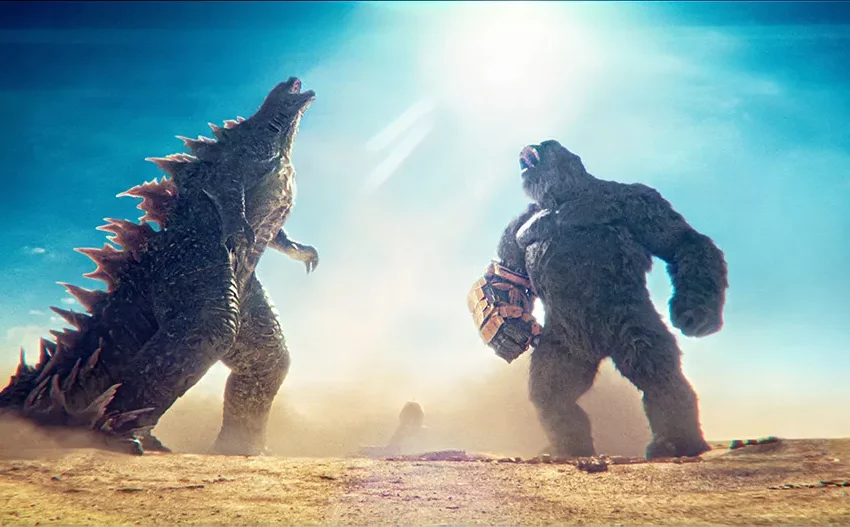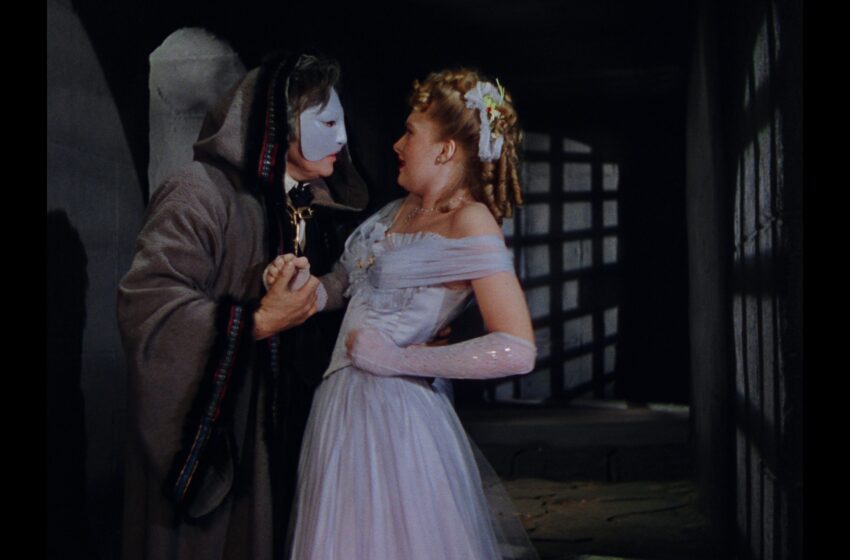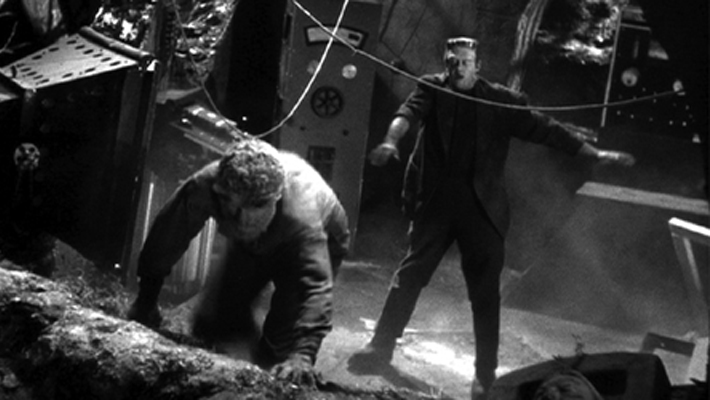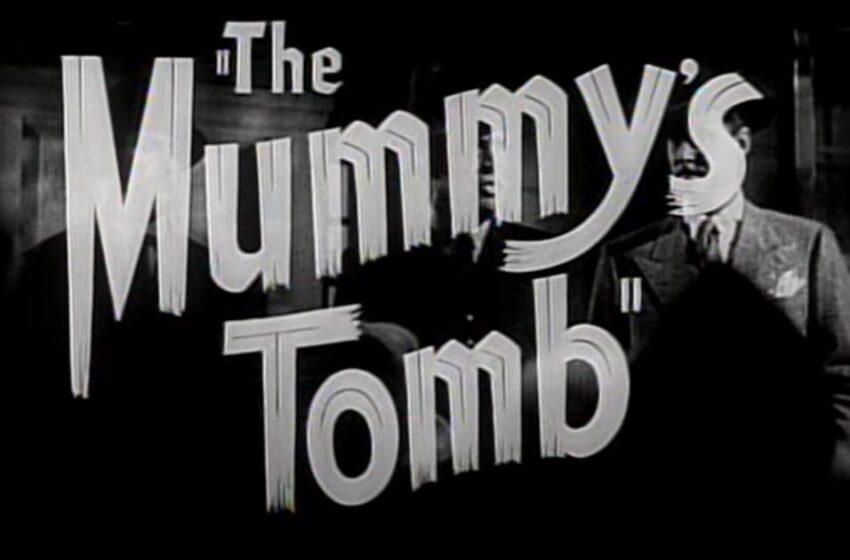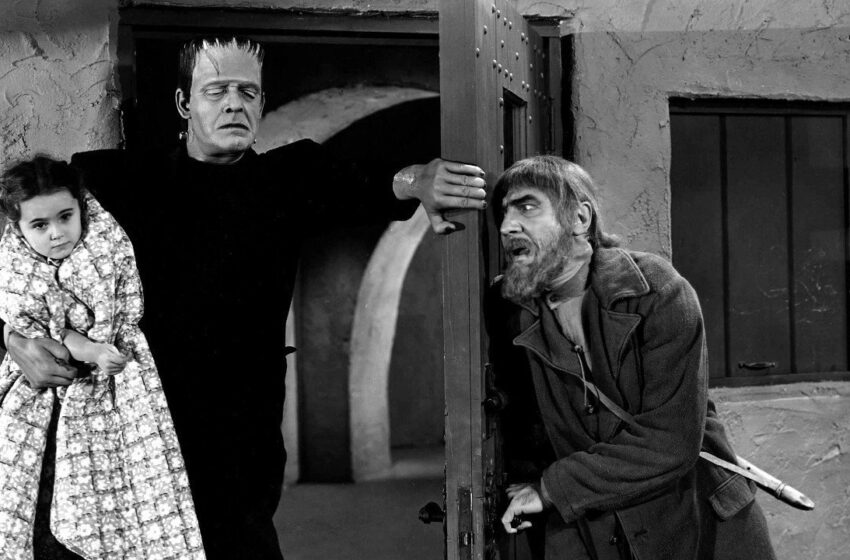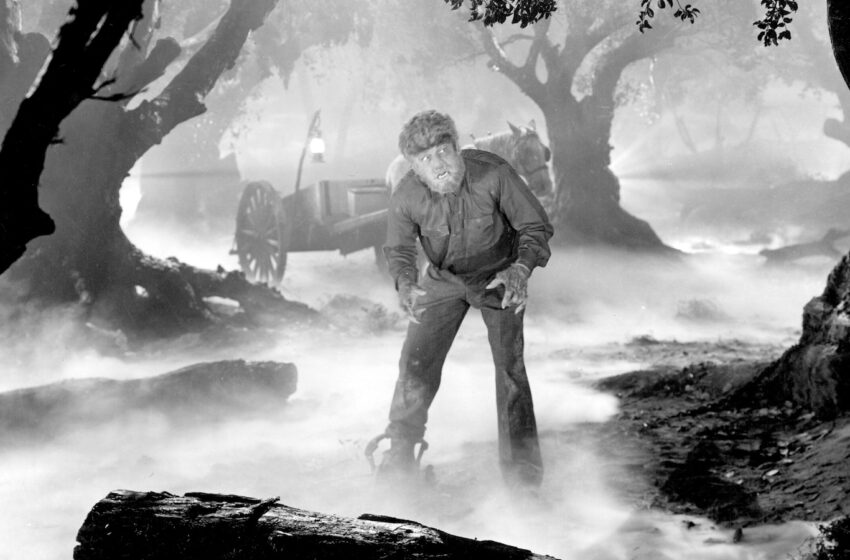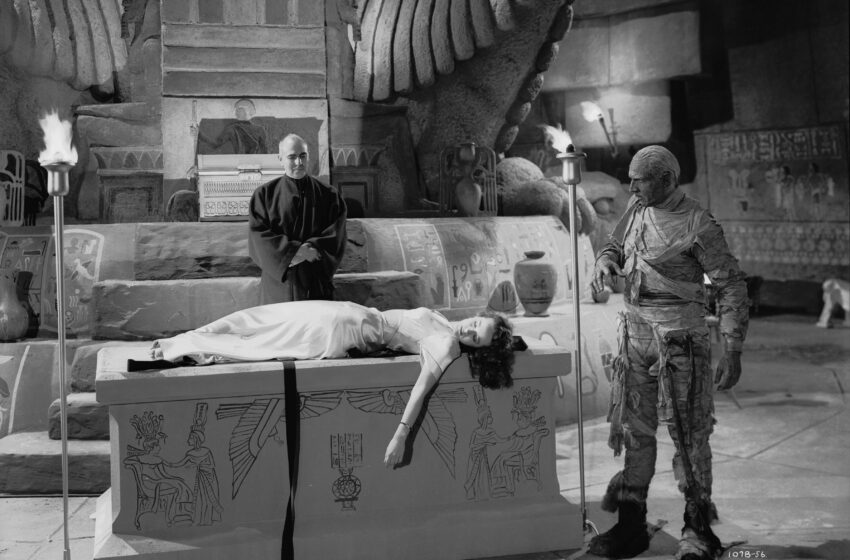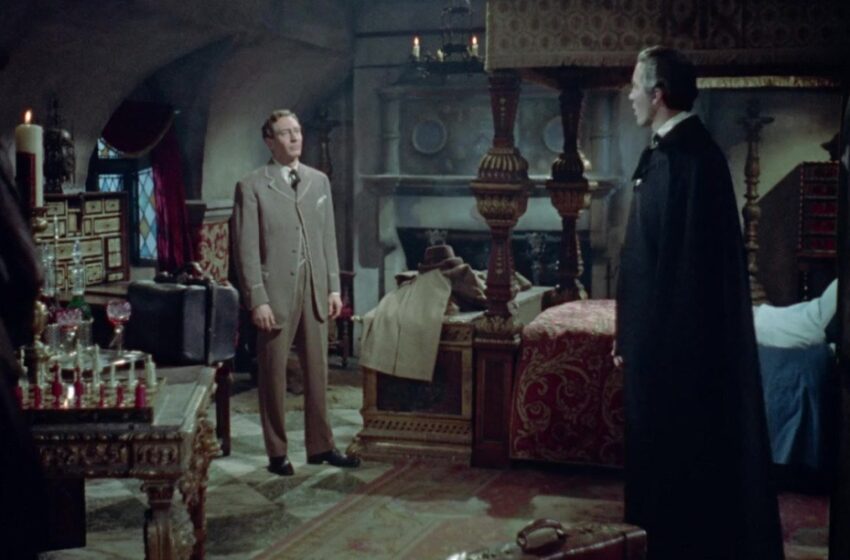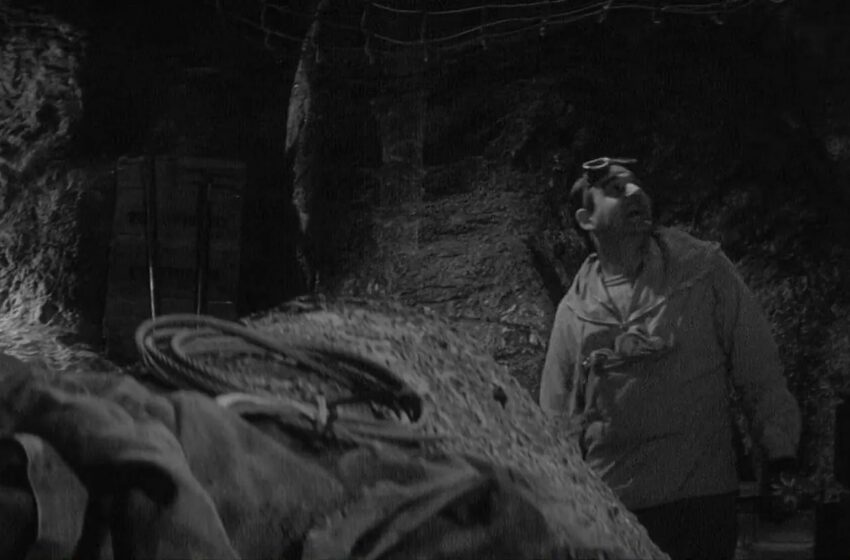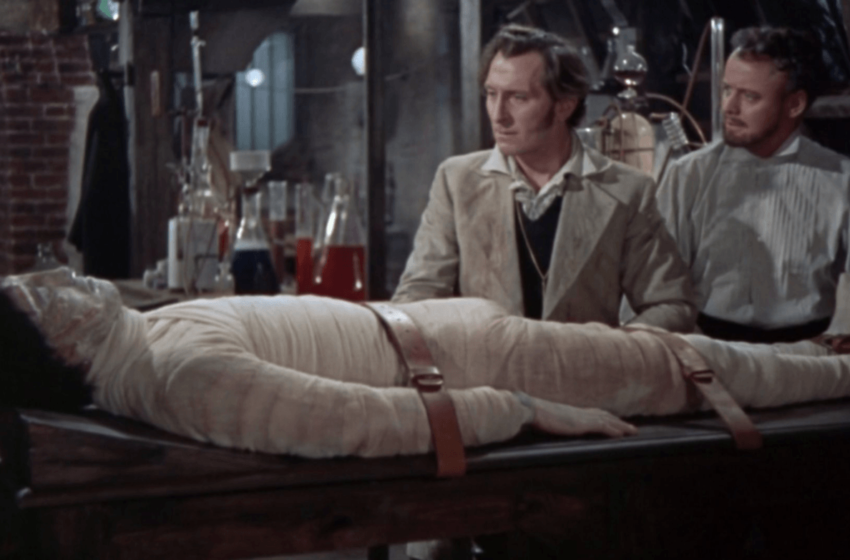Godzilla X Kong: the New Empire is a one-hour, 55-minute rollercoaster ride of non-stop action, full of titanic battles and eye-melting visuals we’ve come to love with 21st-Century Godzilla. It’s not subtle, nor Read More
Tags :monster movies
The 1943 adaptation of “Phantom of the Opera,” directed by Arthur Lubin, stands out in the history of cinema as a lavish interpretation of Gaston Leroux’s classic novel. This version is notable for its transition Read More
The 1943 cinematic spectacle “Frankenstein Meets the Wolf Man,” directed by Roy William Neill, stands as a pioneering crossover in the horror genre, bringing together two of Universal’s iconic monsters in a single narrative. This Read More
In the pantheon of Universal’s classic monster movies, “The Mummy’s Tomb” (1942) stands as a peculiar yet fascinating relic. Directed by Harold Young, this sequel to “The Mummy’s Hand” (1940) propels the terrifying tale Read More
“The Ghost of Frankenstein” (1942) stands as an intriguing entry in Universal’s classic monster movie pantheon. Directed by Erle C. Kenton and penned by W. Scott Darling, this fourth installment in the Frankenstein series attempts Read More
The 1941 classic “The Wolf Man” stands as a pillar of the horror genre, not only for its chilling narrative and atmospheric tension but also for its pioneering contributions to the lore of werewolves in cinema. Read More
Released in 1940, “The Mummy’s Hand,” directed by Christy Cabanne, is a notable entry in Universal Studios’ classic monster movie pantheon. However, unlike its 1932 predecessor, “The Mummy,” starring Boris Karloff, this film ventures more into Read More
Hammer Horror’s “Dracula”: A Blood-Soaked Ballet of Gothic Cinema In the realm of horror cinema, there are some names that echo through time, carving out their indelible imprints on the walls of the genre. Read More
Nestled within the annals of classic British horror cinema is a unique creature-feature that defies the usual trappings of its genre. “The Abominable Snowman” (1957), directed by Val Guest, stands out not merely as a horror Read More
When Mary Shelley penned “Frankenstein; or, The Modern Prometheus” in 1818, she might not have foreseen the extent to which her creation would take root in the cultural zeitgeist. Numerous adaptations and interpretations have emerged over Read More

